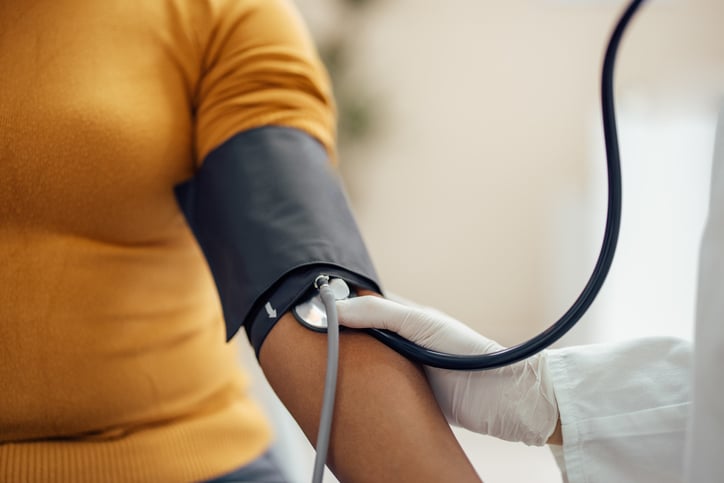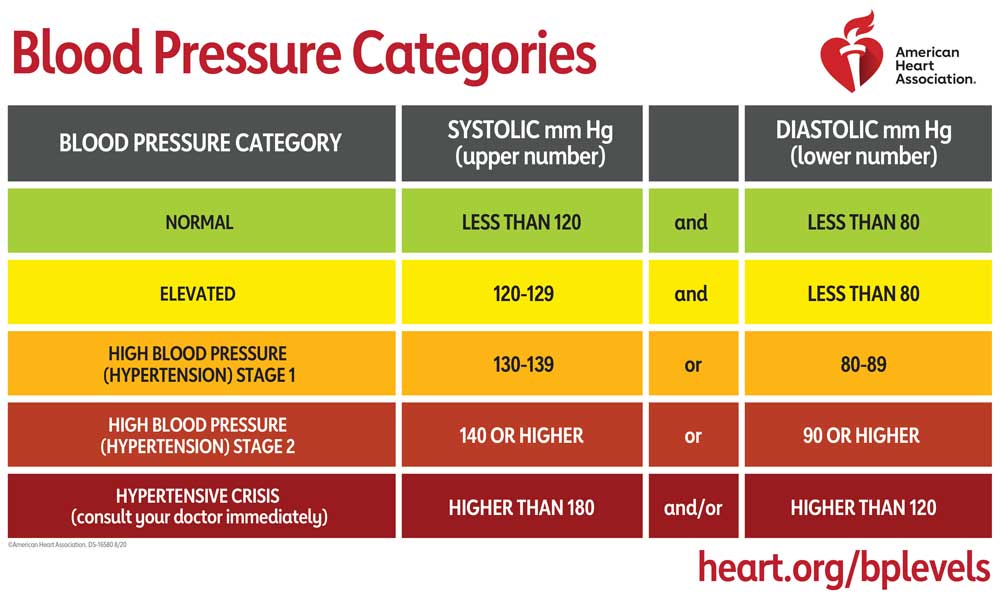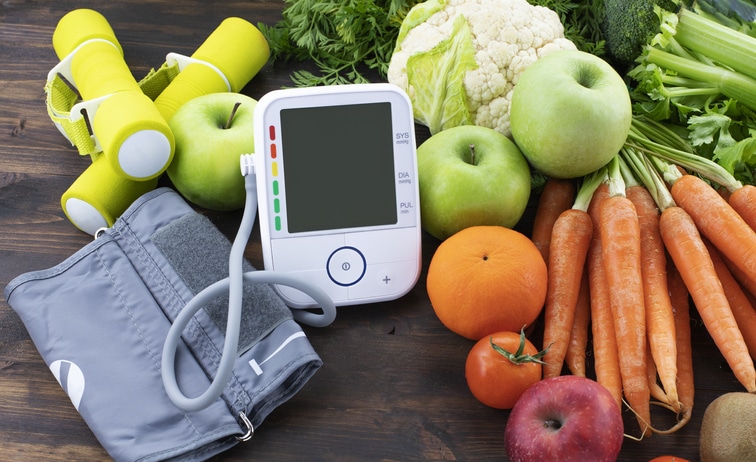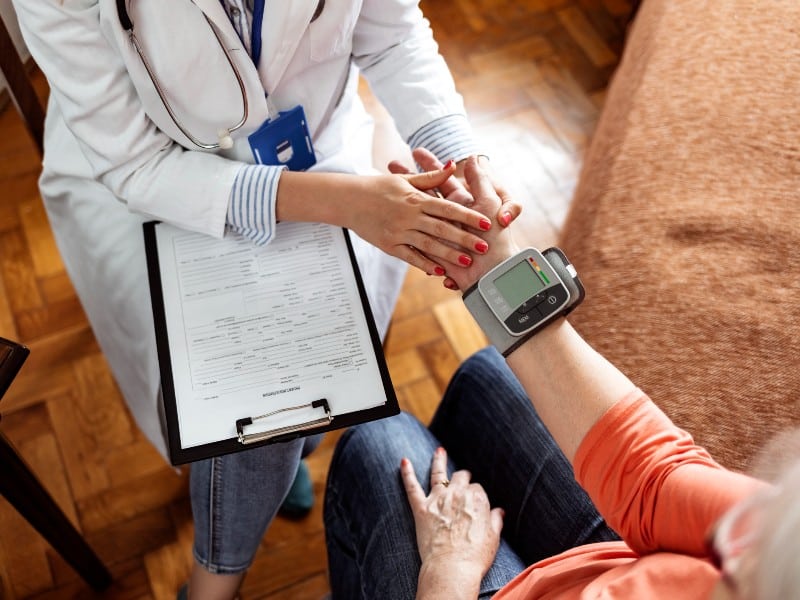High blood pressure, otherwise known as hypertension, can quietly wreak havoc on the body of an otherwise healthy person without ever showing symptoms.
In fact, many hypertension patients won’t experience chest pain, fatigue, headaches, or difficulty breathing, says cardiologist Nasser Khan, MD, FACC, FSCAI, medical director of the Structural Heart Program at Methodist Dallas Medical Center.
“Hypertension is called the silent killer because your arteries are being damaged silently while you’re undiagnosed,” Dr. Khan says. “Long-term effects of unchecked hypertension include heart attack, stroke, kidney issues, vision problems, and sexual dysfunction.”
That’s why routinely checking your blood pressure is so critical. And if it’s too high (more on that in a moment), Dr. Khan offers a few proven ways to get it under control.

WHAT IS HYPERTENSION?
Blood pressure is the force with which blood flows through your vessels to the heart and other parts of your body. A normal blood pressure reading is below 120 for systolic (the upper number) and below 80 for diastolic (the lower number). Systolic blood pressure measures the pressure in your arteries when your heart beats, and diastolic measures the pressure between beats, when your heart is at rest.
If one or both numbers are higher than normal that means your heart is having to work harder than it should to pump blood through your body.

Everyone over the age of 20 should check their blood pressure at least once a year, even those who are seemingly healthy, the American Heart Association recommends.
WHO’S MOST AT RISK?
People who are more prone to high blood pressure include:
- Those who have a family history of high blood pressure
- People who are overweight or obese
- Patients with kidney disease
- Pregnant women (preeclampsia and postpartum preeclampsia)
- Menopausal women
- Those diagnosed with rare tumors
- Certain minority groups

HOW TO HEAD OFF HYPERTENSION
Specific health-focused changes can help lower blood pressure:
- Modify your meals: Fix heart-healthy meals and snacks for yourself and your family. Add fruit and vegetables to the menu while also trying to avoid fried food, fatty food, and excess sugar.
- Say no to salt: The American Heart Association recommends consuming 1 to 2 grams of salt a day. Cutting back a small amount can improve hypertension and heart health. “People who consume food that contains high salt content are more prone to hypertension,” Dr. Khan says. Also, check processed or canned foods for high salt content by searching for sodium on the nutrition label.
- Keep moving: The American Association of Cardiology recommends 150 minutes of moderate exercise a week or about 30 minutes a day for 5 days a week. Go with the tried-and-true options like walking, jogging, biking, and swimming or think outside of the box and pick up pickleball or test out a boxing class.
- Quit your vices: Smoking stiffens up your heart arteries which in turn raises your blood pressure. Quitting is important for your heart and lung health. As for alcohol, it’s suggested women not drink more than one alcoholic beverage a day and men no more than two alcoholic drinks a day. “If someone quits smoking and drinking, their blood pressure issues will quickly get better and can improve dramatically with additional lifestyle changes,” Khan says.
- Stop stressing: You can’t avoid stress altogether, but there are ways you can lessen it. Exercise is a natural stress-buster that releases positive hormones called endorphins. Crackdown on time management by learning to say “no” and avoid overextending yourself. Start a conversation with friends and family who make you feel at ease. Confront your problems head-on instead of avoiding them. “If you have a problem in life, talk to the person,” says Khan. “If you’re having trouble at work, talk to your boss. If your neighbor’s dog is bothering you, talk to your neighbor. It’s all about solving simple issues in order to manage your stress.”
Keeping your diet healthy, your activity consistent, and your stress levels low can add years to your life.
Surprising heart attack signs, from a toothache to shoulder pain

